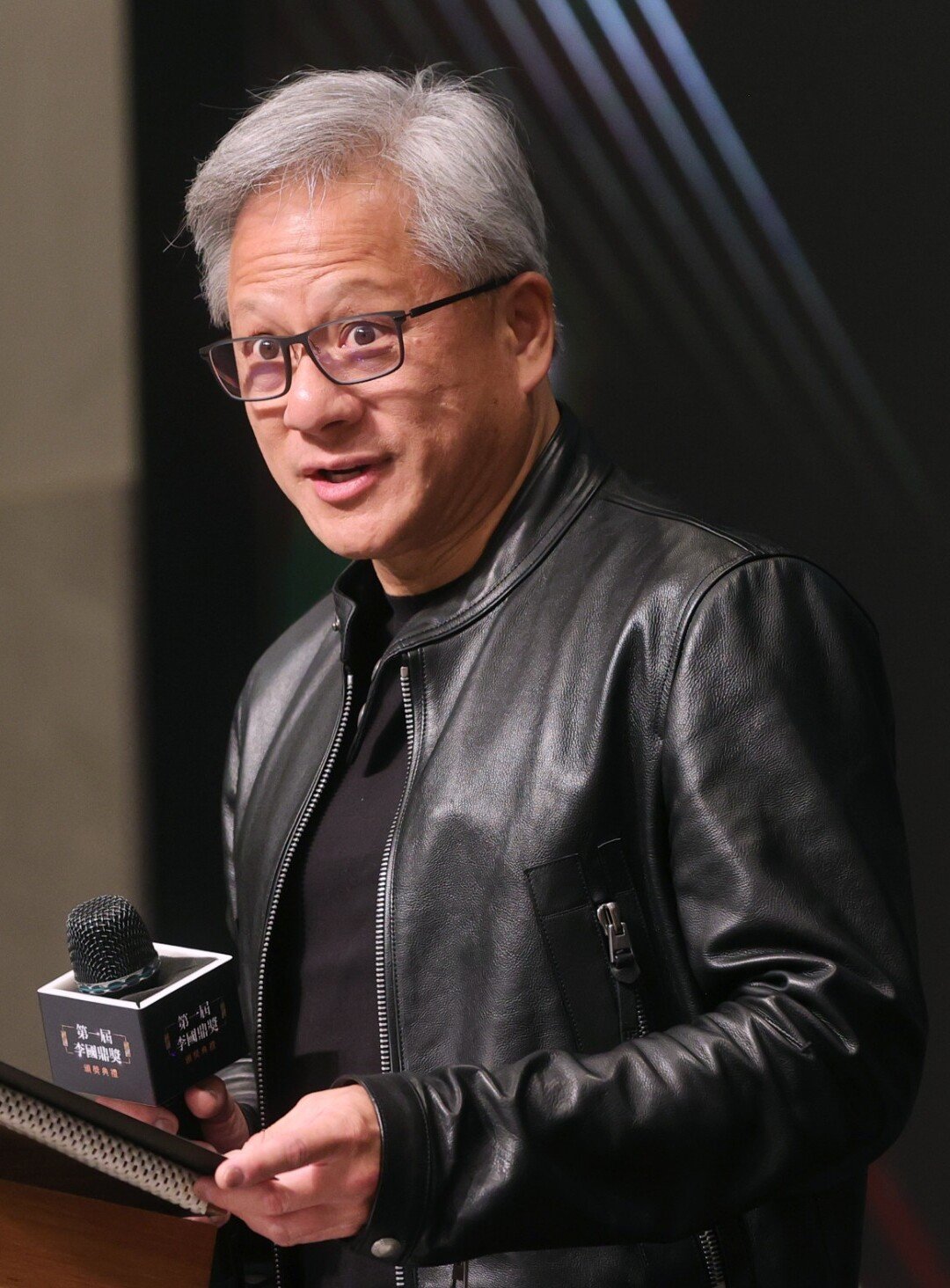NVIDIA Unveils Game-Changing AI Hardware and Foundation Models at CES 2024
In a dazzling presentation that felt more like a Vegas show than a tech keynote, NVIDIA’s CEO Jensen Huang took to the stage in a sparkly jacket to reveal the company’s most ambitious AI innovations yet. The atmosphere was electric as Huang showcased new hardware and software that could reshape how we interact with artificial intelligence in our daily lives.
At the heart of the announcements was the new RTX 50 Series, powered by the Blackwell architecture. The flagship RTX 5090 promises to deliver twice the performance of its predecessor, the RTX 4090, while the RTX 5070 will match the 4090’s performance at just $549. For laptop enthusiasts, NVIDIA is shrinking this powerful technology into mobile form factors, with the RTX 5070 laptop GPU delivering performance equivalent to a desktop 4090.
But the real showstopper wasn’t just about gaming. NVIDIA unveiled Project Digits, a compact AI supercomputer that fits on your desk. This small yet powerful device, built around the secretive GB110 chip developed in partnership with MediaTek, brings datacenter-level AI computing into homes and offices. Think of it as having your own personal AI powerhouse, available starting May 2024.
The company also introduced Cosmos, the world’s first “world foundation model” trained on 20 million hours of video. This isn’t just another AI model — it’s designed to understand the physical world, including concepts like gravity, friction, and object permanence. This breakthrough could revolutionize robotics and autonomous vehicles by helping machines better understand and interact with their environment.
For developers and businesses, NVIDIA announced the Llama Neutron family of models, fine-tuned versions of Meta’s Llama that are optimized for enterprise use. These models range from small, fast-response versions to larger “teacher” models that can help train other AIs.
The presentation wasn’t just about products — it painted a picture of where AI is headed. Huang emphasized three key areas of robotics that could transform our world: AI agents for office work, self-driving cars, and humanoid robots. These technologies, he suggested, could become the largest technological industry the world has ever seen.
NVIDIA’s announcements reflect a significant shift in computing. We’re moving from traditional programming to AI-driven solutions, from cloud-only AI to AI that runs on our personal devices, and from theoretical models to practical applications that understand and interact with the physical world.
As the presentation wrapped up, one thing became clear: NVIDIA isn’t just selling graphics cards anymore — they’re building the foundation for an AI-powered future that’s closer than we might think. With these new technologies rolling out throughout 2024, we’re about to see just how much AI can change our daily lives.

Stay Up-to-Date with the Latest Technologies
Simply enter your email address and click “Subscribe” to stay informed about the latest technologies and discoveries.





